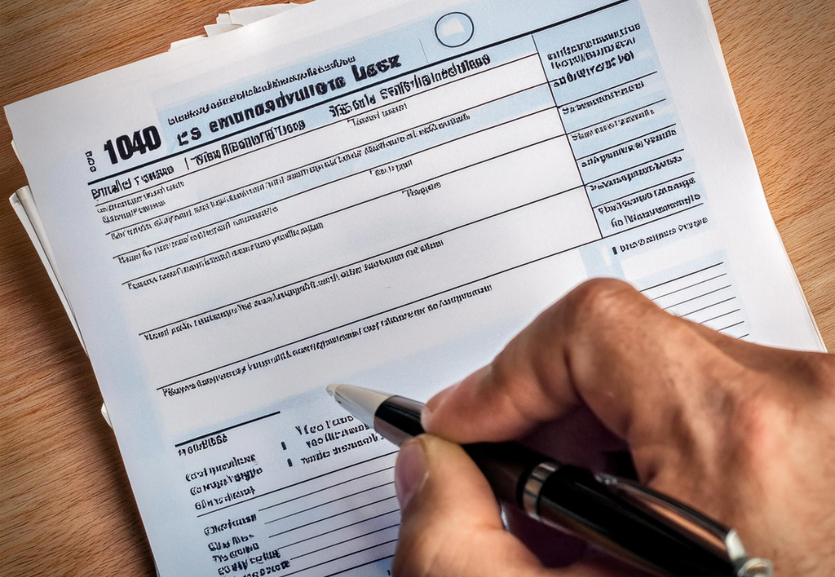Income tax return: 10 reasons when a taxpayer can't use ITR-1 form
Tax News newsPosted by admin on 2025-04-21 04:47:48 | Last Updated by admin on 2025-10-13 23:19:19
Share: Facebook | Twitter | Whatsapp | Linkedin Visits: 557

Income tax return: 10 reasons when a taxpayer can't use ITR-1 form
Dear Taxpayers
The due date for filing Income Tax Return (ITR) for fiscal year 22 and fiscal year 23 is July 31, 2022. Therefore, earners must be busy scanning their income and expenses for the above fiscal year and reporting year. However, the taxpayer should be aware that there are different ITR forms that apply to different types of earners. Of several formed ITRs issued by the Income Tax Department, the simplest form is ITR-1. Often taxpayers file ITR-1 as a standard ITR form without understand the exact eligibility to submit the correct ITR form. Therefore, it is important for a taxpayer to be aware of the circumstances under which a taxpayer cannot complete the ITR-1 form.
The ITR-1 is a simple tax return filed by a resident taxpayer with a total income of no more can be filed as from ₹50 lakhs and has reported income from sources such as salary, income from other sources, and only one property of the house. It should be noted that the declaration cannot be used by a director of a company or has a tax deferral for ESOP from startups or a person who has an agricultural income of more than ₹5000 or has investment income.
Here we list 10 reasons why an earner cannot use the ITR-1 form while filing the ITR for FY22 or AY23:
1. More than ₹50 lakh annual income: If the earner has no income other than total annual income, exceeding 50 lakh, ITR-2 is the correct form for such taxpayers
2. Income from more than one home: If one owns a home, the correct ITR form is ITR-1. But if there is more than one property of the house, one cannot file ITR-1.
3. Farm Income : We all know that farm income is not taxable. When filing the income tax return, it is necessary to declare income from agricultural holdings over ₹ 5,000. Although farm income is not taxable, it is only needed to determine the plate tax rate. And in such cases, ITR-1.4 cannot be filed.
4. Equity investment in an unlisted company: If a salaried taxpayer owns shares of an unlisted company, then in such a case the person earning cannot file your ITR with the ITR - Form 1.
5. Director of a company: If the taxpayer is a director of a company, then he or she cannot use the ITR-1 form in such a case.
Thank you for reading.
Best regards,
India Tax Payer.
Search
Recent News
- Capital Gains on the Sale of Property
- Global lobbying groups call for delay to India's new digital tax
- Inquiry against 50 IRS officers over suggesting tax hike for the rich: Report
- New versus old tax regime: Analyse the benefits before making a c
- From changing growth metrics to revising debt targets
- Cost inflation index for FY 2020-21
- The Essential Commodities (Amendment) Ordinance, 2020
- Contracting GDP!